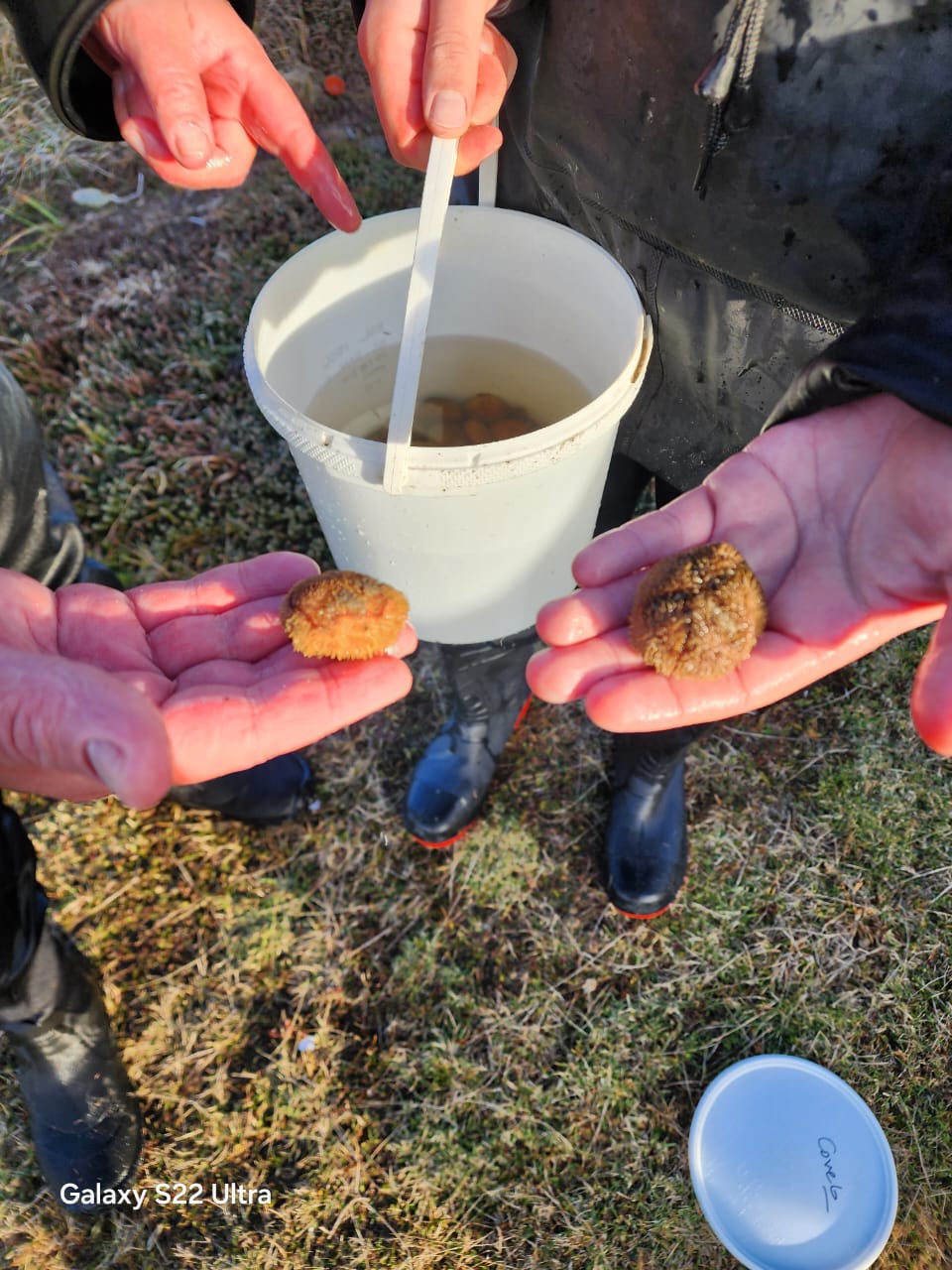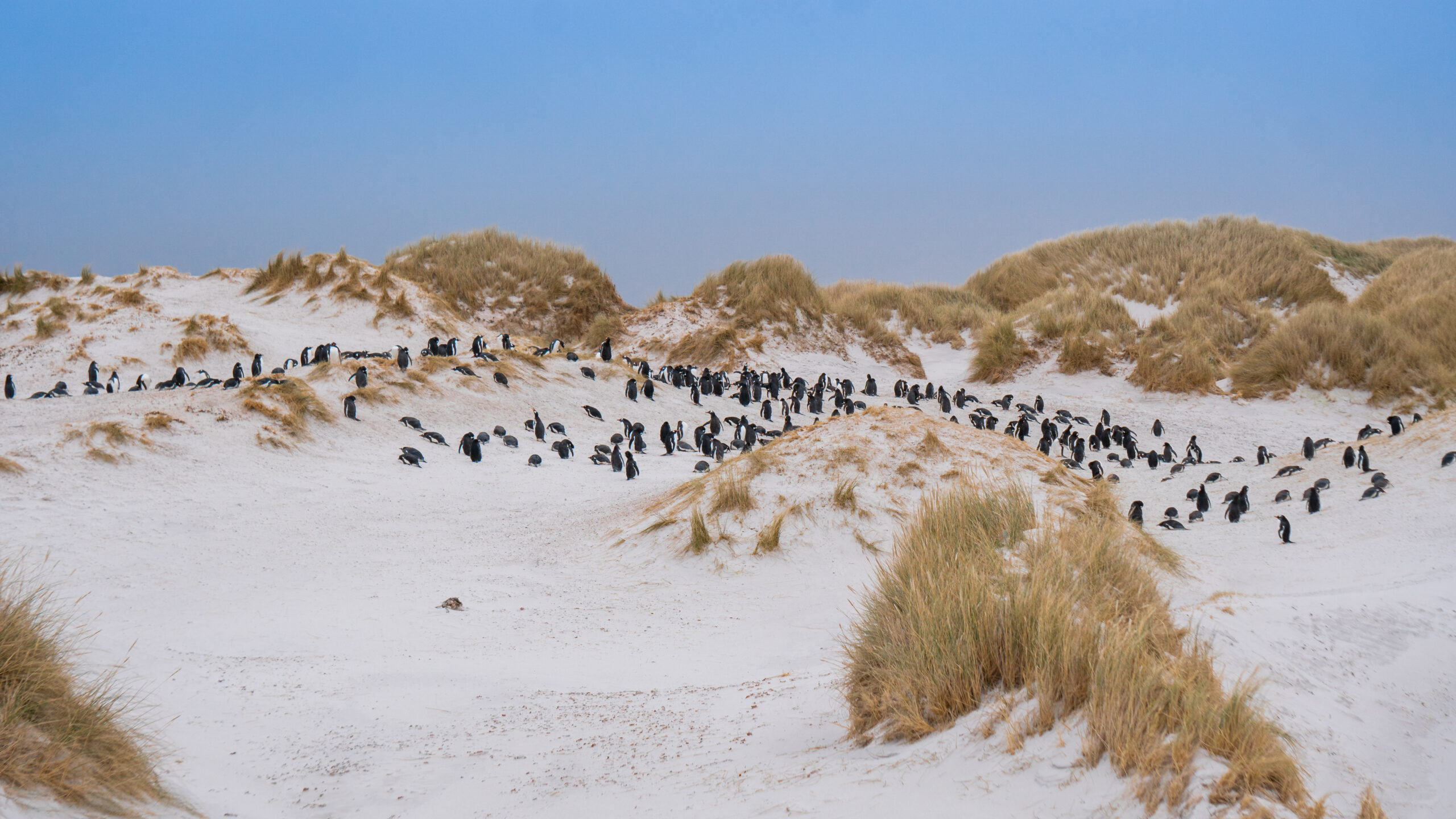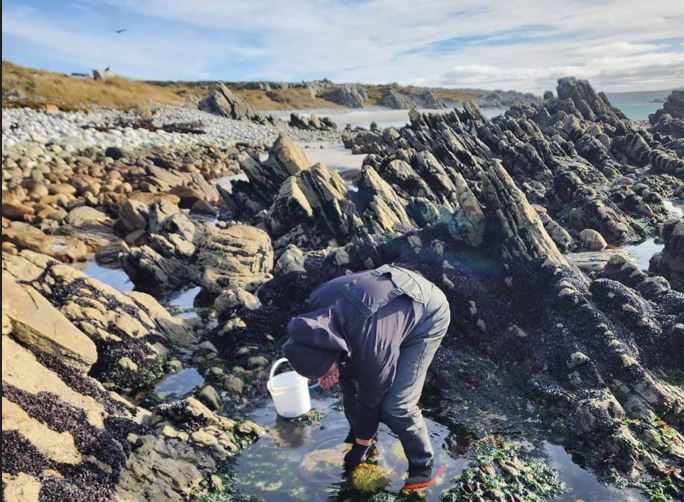The southernmost regions of the world conceal a variety of landscapes of unparalleled beauty and contain a surprising and unimaginable diversity of living forms, many of which are adapted to extreme climates.
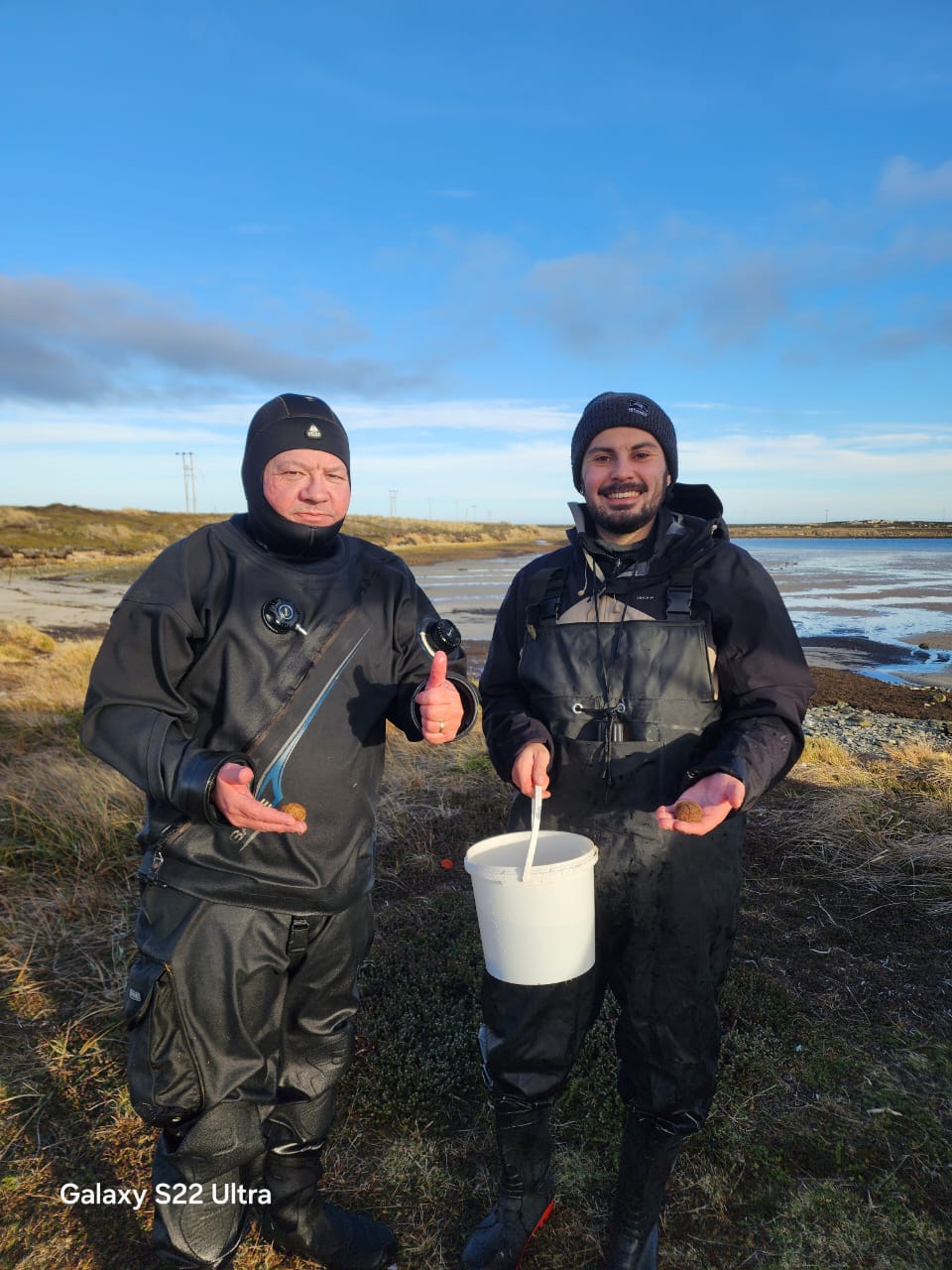
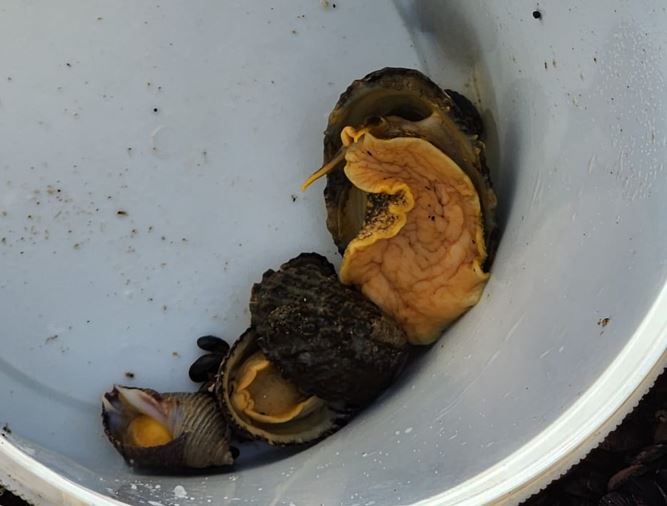
With the support of a scholarship from the University of Chile and the assistance of the Millennium Institute Biodiversity of Antarctic and Subantarctic Ecosystems (BASE), I had the incredible opportunity to travel to the Falkland Islands in August and conduct a research internship at the South Atlantic Environmental Research Institute with Dr. Paul Brickle. This internship is part of my master's thesis in biological sciences, where I study irregular sea urchins, which live mainly in Antarctic and Subantarctic areas, in bays with very specific characteristics such as sand type and wave action. One species of these sea urchins inhabits the vicinity of Port Stanley, so an important objective of my visit to the islands was to collect samples of these echinoderms for subsequent morphological and genetic analysis, comparing this area with sea urchins from Patagonia, the Kerguelen Islands, and the Antarctic Peninsula. Furthermore, since we only know of one place where these sea urchins live, it was important to look for other populations. So, we went to sample other areas, such as the Darwin settlement, snorkeling in really cold waters. However, despite our efforts, we were unable to find our sea urchins. Although this is somewhat sad news, it highlights the high habitat specificity and low dispersion of these animals, as well as providing us with absence data for distribution models.
However, it was not all about sea urchins. During my stay, I learned a lot about the benthic communities around the islands and the species that inhabit them. I had to analyse quadrants of the seabed and identify their species, from sponges and anemones to sea slugs and starfishes. Many of these species also inhabit the coasts of southern Chile, so my prior knowledge of my country's biodiversity made the work easier.
In addition to working with photographs, identification guides and software’s, I went on field trips to the intertidal zone at different sites near Stanley. There we managed to collect various species of limpets, snails, bivalves, and chitons, with an incredible variety of shapes and colours. These samples help us to study and understand the history and biogeography of these invertebrates on the continent and the Falkland Islands and their connection with other Subantarctic and Antarctic islands.
